Defenders of the government’s actions say national security considerations sometimes affect rights and freedoms, just as in Western countries. Regina Ip, a pro-Beijing lawmaker who is the convener of Lee’s Executive Council, said Hong Kong still has judicial, financial and other systems distinct from those on the mainland but that it needed a “reset” after the protests of 2019.
“It is important to remember that our separate systems are only sustainable if we do not do harm to the country,” she told NBC News this week. “It’s only sustainable if Hong Kong accepts China’s sovereignty, upholds China’s security and developmental interests.”
Police were out in force for Xi’s visit to the city of 7.4 million, where posters celebrating the 25th anniversary of the handover declare a “new era” of stability. Media coverage of the anniversary events, which had already excluded multiple outlets, was further restricted this week when at least 10 journalists applying to cover them for local and international media were rejected for “security reasons.”
Thousands of guests and staff members were required to take daily coronavirus tests and enter hotel quarantine ahead of the events, in line with Covid-19 restrictions. Hong Kong, which had its worst outbreak of the pandemic this spring, is experiencing another uptick in cases, reporting 2,358 on Thursday.
Rather than stay in Hong Kong during his two-day visit, Xi spent the night across the mainland border in the city of Shenzhen. He was expected to leave soon after the inauguration.
Friday began with a flag-raising ceremony at Golden Bauhinia Square on Victoria Harbor, amid strong winds and a typhoon warning. It was the second year Hong Kong police at the ceremony used mainland China’s “goose-stepping” style, which on Friday was extended to the entire police force, replacing the British-style marching used in colonial times.
Later, at a socially distanced ceremony in which officials wore masks emblazoned with “25,” Xi swore in Lee, the only candidate in a May election decided by a committee made up of fewer than 1,500 mostly pro-Beijing members. Lee, who was Hong Kong’s security secretary during the 2019 protests, is among several top Hong Kong officials sanctioned by the U.S. over their roles in implementing the national security law.
Lee also praised “one country, two systems,” and said he would “strive to build a more caring and more inclusive Hong Kong full of vibrancy, hope and development opportunities.”
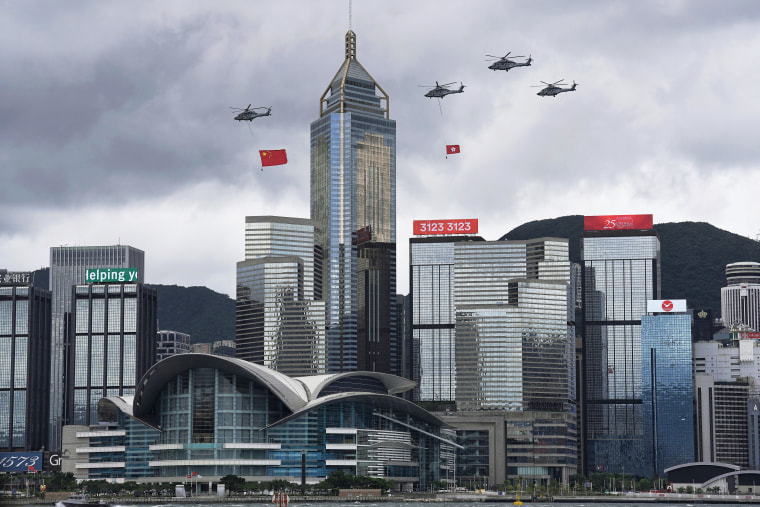
Unlike in 2017, when tens of thousands of demonstrators marched during Xi’s visit in an annual July 1 tradition that dated back to the handover, the streets were quiet with scattered civilians, some carrying multiple Chinese flags and wearing red masks in a patriotic fervor.
The League of Social Democrats, a pro-democracy group, said this week that it would refrain from holding any protests on Friday after some of its volunteers were summoned for meetings with the national security police.
Security barriers blocked all roads near the convention center, where the inauguration was held, and police fought against the heavy wind as they tried to fasten blockades on footbridges.
Police officers randomly stopped and searched pedestrians taking photos from footbridges and asked them for press credentials. Asked whether it was illegal to spectate, one officer replied, “I don’t know.”
Ip said concerns that the national security law had eroded Hong Kongers’ rights and freedoms were “only a matter of perception.”
“Only those people who might have been involved in unlawful activities undermining national security have reasons for concern,” she said. “The rest of the community, I think we are very happy that law and order have been restored.”
Unlike past Hong Kong leaders who came up through the civil service, Lee was a career police officer, and he is expected to take a hard line on security. He has said one of his top priorities will be enacting local national security legislation known as Article 23.
“It seems that the government restrictions of people’s free expressions and political freedoms will be further enhanced,” said Eric Lai, the Hong Kong law fellow at the Georgetown Center for Asian Law. “And it also means the city’s human rights protections and the city’s rule of law will be further eroded.”

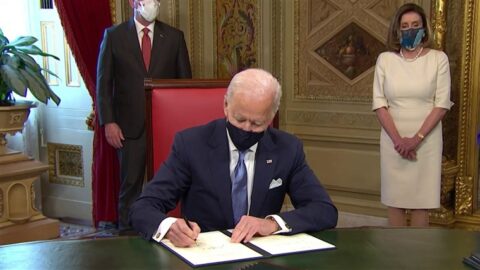
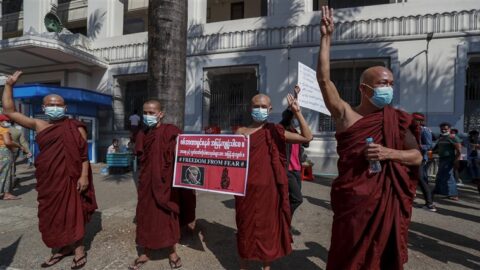
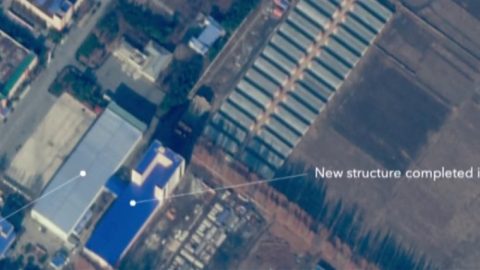
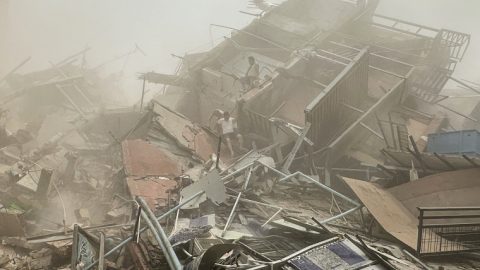
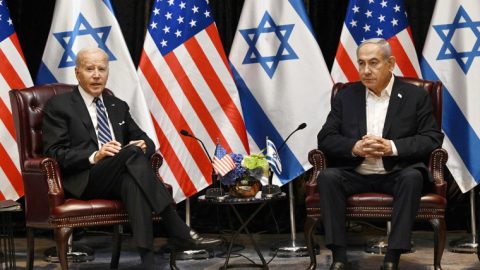
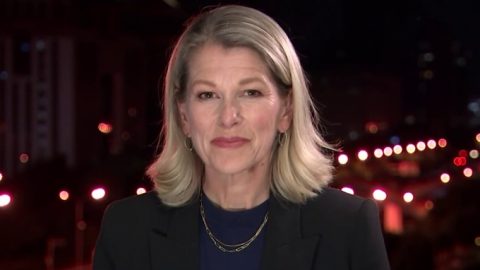
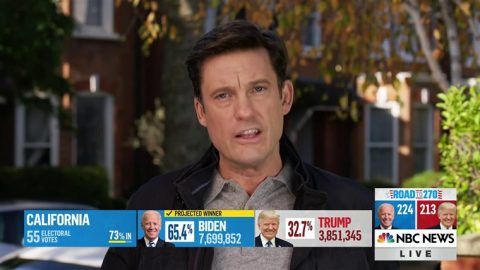
Recent Comments